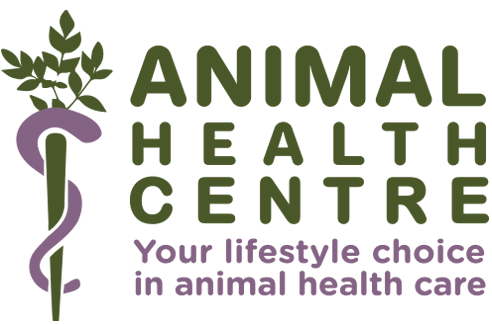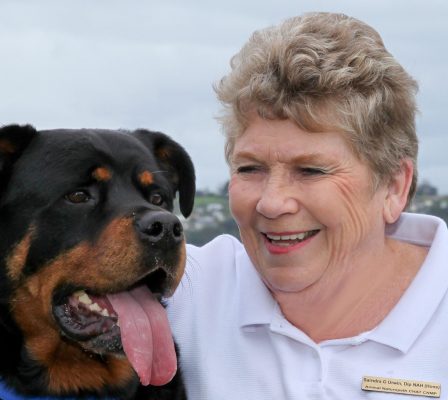Call us 027 448 3322
EUTHANASIA – a blessing or a cop-out?
As the Right to End Life subject goes for it’s second reading in the House tonight we should take a long look at our pet industry where this right is exercised (rightly or wrongly ) and see what drives the decision-making process.
The legal use of euthanasia –
Are we using legalized euthanasia in the pet industry as a cop-out to get rid of unwanted pets. (16,000 dogs in Auckland alone over the past 5 years)…
Or
Are we externally grateful for the option to end our pets lives when the quality of life we want for them is not able to be maintained by veterinary or other care.
Veterinarians are the ones that have to carry out the wishes of owners and councils.- I haven’t seen any survey taken to assess what they think of open euthanasia choices. Do they feel that ‘right’ is being abused more than used?
If the difference between animals and us is our ability to understand and cope with our own mortality, then how come we have such a problem with death?
Emotive language (Terminology triggers )
Note how anti-euthanasia people use language; emotionally strong aggressive words such as Suicide / assisted suicide/ killing / mercy killing / murder/euthanasia .
Caring Pet Owners use soft, reverent terms, for example, put to sleep, put down, allowed to pass, over the rainbow bridge.
Interesting that when it’s a scientific experiment on animals the strong language is again used – euthanasia or killing.
Religion:
How one feels about the right to end life is very much coloured by Religion:
People are told “ god is waiting to pass judgement, the bible forbids taking your life, Sanctity of life – it’s precious blaa blaa blaa. “
And those that wish to help their loved ones “ You are sinners, murderers !”
Morality is obscured by beliefs, judgements, fear and guilt.
But when it comes to Pets (and remember, it is now recognized that animals are considered sentient beings ie capable of the whole range of feelings, emotions etc) religion doesn’t enter the equation! Pet owners cannot make an animal feel guilty because it wants to die!
Pets and their caretaker observe the decision making as it is in reality, without any religious beliefs, judgements or pseudo morality thrust upon them.
The Dying Process:
Human Patient:
at present there is no acknowledgement that the dying have sense enough to say ‘it’s my time to go’. They didn’t have a choice to enter this world, now they don’t have a choice to exit what is essentially, their OWN life .
The anti euth brigade say the main reason people want to end their life is that they ‘don’t want to be a burden’. Really? What’s wrong with feeling like that – It’s often true! And how come they even consider feeling that way – in todays throw-away, disposable society it’s a valid feeling. Respect, honouring and caring for our elderly – in many cases – doesn’t exist ,so let’s not try and fool anyone here.
BUT there’s the other side of the coin –
The benefit of the dying’s life may be measured against it’s benefit to others.
- It may be in the interest of the anti euth to keep granny on as she is earning money for the owners of homes for the elderly
- – it may give the family a chance to atone for any misdemeanors and resolve their ‘guilt’ whilst gathered around the bedside….
- Sound cynical? Yup!
What about the elderly’s self-esteem (toileting, appearances)? – I have observed this in many animals and it’s degrading and humiliating if not addressed properly.
People are often drugged to the eyeballs for ‘pain relief’ but it denies them the chance to ‘enjoy’ the last moments of passing over or even dipping into their ‘bucket list’ at the last moment!
It also confuses supporters of assisting the dying as drugs leads to uncertainty and non-reality –asking themselves “have we met the standards of insupportable suffering to legally allow assistance to die?
Then they ask “ if we assisted, what about the guilt and accusations that may follow us ?” (it’s about ME, not the patient).
Pet’s view
They know when their end is near, accept it and close their systems down. They don’t have the hang-ups of dying instigated by ‘well-meaning’ do-gooders.
Pets are not usually over drugged for pain so can communicate their desire to be assisted if necessary and can and do, communicate this to their owners.
They are often acutely aware of their inadequacies of old age – (grooming, toileting, social habits).
The advantage to Pet Owners – because of the clarity (without the human interference) of the situation, certainty of the decision-making process (as agonizing as that has been) means it’s carried out with a mostly – guilt-free, purpose (it’s about what’s best for the pet, not me). They have the comfort of knowing they are allowed to help their pet in the dying process.
Would you prefer your cat to just walk out and end her life somewhere in a lonely place or take a reality check and help her?
Pets can and do take their own lives – usually from human intervention or where the behavior is forced and unnatural , eg in laboratories (but that’s another story., )
Prolonging Life:
People wanting to keep going are wanting drugs to give them time to… spend with their children, finish the project etc etc.
I wonder if there may be an element of attonement here that perhaps enters the anti euth argument (it will give me time to make up for/explain/ say sorry/ tweak the inheritance…)
Pets
Their life passes in our lifetime like a meteor in the sky, so we subconsciously revere and reward them on a daily basis .
There is seldom guilt associated with their passing but nonetheless, it is often a more intense emotional experience than the loss of our human counterparts.
Sarndra G Urwin Dip NAH (Hons) Dip Cl.Hyp Cert HbT
ANIMAL NATUROPATH

